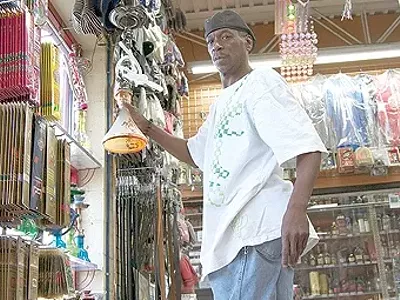Calvary / B+
Faith is a sloppy thing. It demands so much and seems to offer so little. Case in point: Father James Lavelle in writer-director John Michael McDonagh’s Calvary. His movie opens in a confessional, where an unseen parishioner gratuitously describes the horrific sexual abuse he experienced as a boy at the hands of a Catholic priest. He then informs Lavelle that he intends to kill him (on a Sunday no less) because he is a good priest, and this will send a far stronger message about the culpability of the Church than simply punishing the offender. Lavelle knows who the confessor is but opts to keep the encounter secret from the police, having faith in God and humanity that things can be set straight.
Before you assume that Lavelle is some soft-hearted idealist who is unprepared for the ugly realities of the world, you should realize that as played by Brendan Gleeson, the priest is a world-weary, no nonsense, slightly resentful widower who answered the calling after the death of his wife.
Now stationed in a small, broken-down Irish seaside community, he’s a man who tries to confront the world as he finds it, not force into some black-and-white fantasy of how it should be. That means playing therapist, social worker, and quiet conscience to a motley assortment of hostile townsfolk. There’s Jack (Chris O’Dowd), the butcher who might be beating up on his wife, Veronica (Orla O’Rourke), for having an affair with a mechanic (Isaach De Bankolé) from the Ivory Coast. In a nearby jail, he ministers to unrepentant serial killer Freddie Joyce (Brendan’s real-life son Domhnall Gleeson), hoping to save the young man’s troubled soul. There’s also the town’s richest citizen (Dylan Moran), whose family has left him. Father James attempts to offer counsel but usually ends up the target of drunken insults and scorn.
It’s two women who ultimately have the profoundest impact on Lavelle’s week. His daughter Fiona (Kelly Reilly) shows up with stitched-up wrists and the sense that she’s lost both her parents (one to cancer, the other to the church), and a visiting Frenchwoman (Marie-Josée Croze) whose husband was killed by a drunken driver. In both he finds the unexpected, people in genuine need of what he has to offer.
As the week counts down to Sunday we meet these folks and others, as Calvary weaves a mordant and sardonic tapestry of wounded cynicism, casual corruption, and downright meanness. It’s business as usual for a McDonagh (John is sibling to award-winning playwright and filmmaker Martin McDonagh (In Bruges, Pillowman, The Cripple of Inishmaan)), brothers who like to explore the darkness that rots beneath idyllic-seeming communities. Balanced between Beckett’s bleak absurdity and oh-so subtle allegory as Father James visits the film’s metaphorical Stations of the Cross, Gleeson’s character remains steadfast in his faith. Whether that’s laudable or tragic is entirely up to you.
Using theatrically stylized dialogue and characters that seem more inspired by David Lynch’s Twin Peaks than real life (a quirk that weakens the film), McDonagh gives voice to the crisis of faith that is now a part of Irish Catholicism, while investigating the personal toll of loss and sin. Who has kept their faith? Who has lost theirs? What would it mean to live without it? It’s an ambitious and unpretentious film that also features family discord, alcoholism, and healthy dollops of pitch-black comedy. McDonagh isn’t always successful at juggling his disparate impulses, leaving his film to tonally lurch from one scene to the next. But damned if he shouldn’t be praised for trying. Calvary, despite its nihilistic mood, bristles with ideas and energy.
And much of what makes that succeed is Gleeson. Both McDonaghs have been casting him in leading roles as of late, and it’s long overdue. The charming, burly actor has an uncanny ability to convey compassion, sadness, and contempt with only the barest facial expression. He is similarly adroit with dialogue, casually filling the smallest phrase with emotion and meaning. Here, Lavelle is a grizzled, frustrated, yet stubbornly alive man who has challenged himself to find the best in humanity — even if he knows it’s a fool’s quest. And much as his character bears the weight of the world, Gleeson heroically shoulders McDonagh’s awkward mix of gallows humor, tragedy, and theology, deepening our experience even as he trudges toward the film’s inevitable conclusion.
Calvary opens Friday, Aug. 22, at the Maple Art and the Birmingham 8. It is rated R and has a running time of 1 hour 40 minutes.





